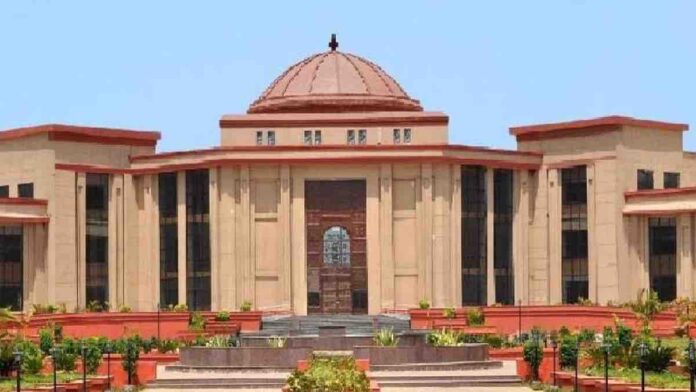In a significant ruling, the Chhattisgarh High Court has acquitted six men previously convicted of a double homicide and robbery that occurred in 2015, citing the inadmissibility of confessions made to police officers and the failure of the prosecution to establish the accused’s guilt beyond reasonable doubt. The case involved the brutal murder of trailer
To Read More Please Subscribe to VIP Membership for Unlimited Access to All the Articles, Download Available Copies of Judgments/Order, Acess to Central/State Bare Acts, Advertisement Free Content, Access to More than 4000 Legal Drafts( Readymade Editable Formats of Suits, Petitions, Writs, Legal Notices, Divorce Petitions, 138 Notices, Bail Applications etc.) in Hindi and English.




